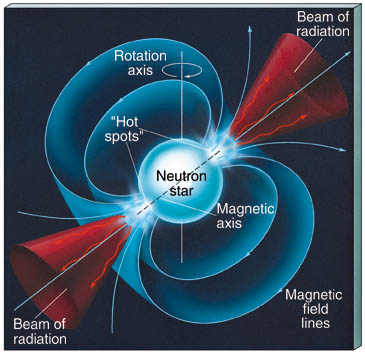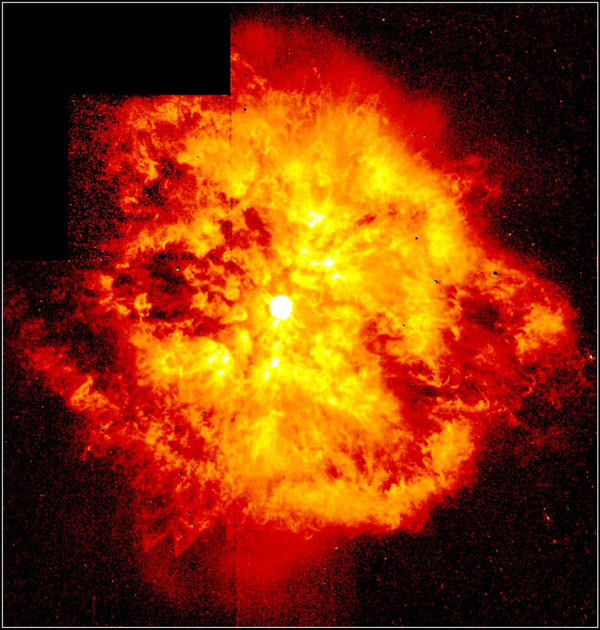Carbon Burning
After helium burning is completed at the core and temperature reaches up to carbon burning starts:
Oxygen Burning
Oxygen is consumed at slightly higher temperatures in the reactions
Silicon Burning
After several intermediate steps the burning of silicon produces Nickel and Iron.
When the temperature becomes higher than , the energy of photon becomes large enough to destroy certain nuclei. Such reactions are called photo dissociation. Elements higher than Fe are produced by the neutron capture in the supernova explosion.





